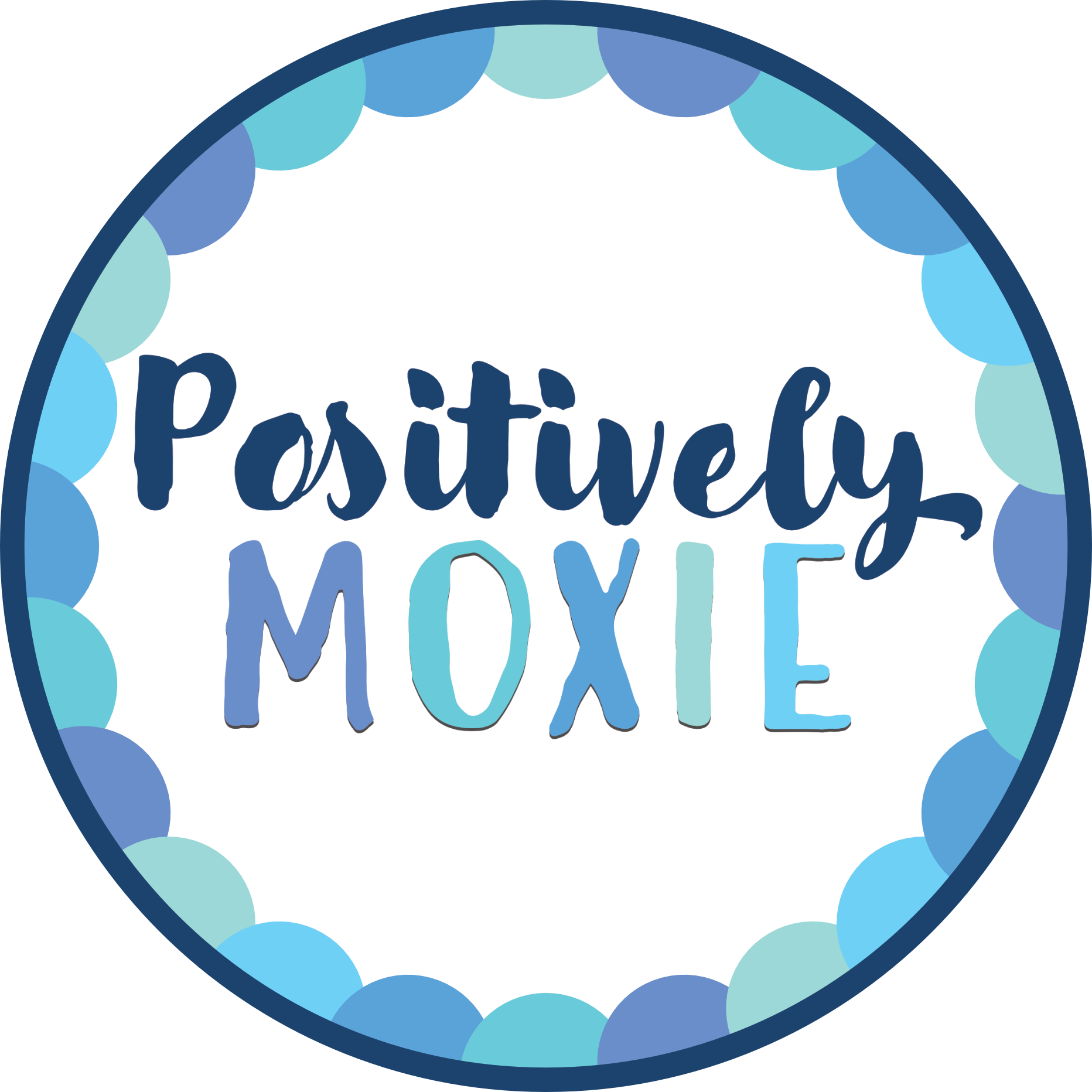We teach youth to achieve better learning, personal guidance, and deeper relationships with themselves and others.
We use the “3 C’s” to form our resilience framework. Youth who develop confidence, learn calming skills, and increase interpersonal connections will build greater resilience and well-being.

Life is tough. Statistics show that even “typical” kids show signs and symptoms of anxiety and depression. Our children often lack the tools needed to handle today’s stress. We’ve been in the trenches, and we know how to help. We know what works and what doesn’t. We offer teachers, parents, and clinicians relevant curricula and resources that help kids move from just surviving to thriving. We empower our teachers, parents, and clinicians.
Building resilience in our youth means equipping them with the ability to navigate and recover from challenges, stress, and adversity. This involves fostering emotional strength and adaptability, enabling them to thrive even under challenging circumstances. Here’s how this can be achieved through building confidence, developing calming and coping skills, and connecting with themselves and others:
Building Confidence
Confidence is the foundation of resilience. When young people believe in their abilities, they are more likely to face challenges head-on and recover from setbacks. To build confidence:
Set Achievable Goals: Encourage youth to set and accomplish small, attainable goals. This builds a sense of achievement and boosts self-esteem.
Celebrate Strengths: Focus on their strengths and successes rather than shortcomings. Acknowledge and praise their efforts and accomplishments.
Provide Opportunities for Success: Involve them in activities where they can excel and gain recognition, whether it’s in academics, sports, arts, or other areas of interest.
Developing Calming and Coping Skills
Having effective strategies to manage stress and emotions is crucial for resilience. Developing these skills involves:
Mindfulness and Relaxation Techniques: Teach practices such as deep breathing, meditation, or yoga to help them remain calm and centered.
Positive Self-Talk: Encourage them to replace negative thoughts with positive affirmations and realistic reassurances.
Problem-Solving Skills: Equip them with the ability to break down problems into manageable parts and develop step-by-step solutions.
Connecting with Yourself and Others
Strong connections provide the emotional support necessary for resilience. Fostering these connections includes:
Self-Awareness: Help them develop an understanding of their emotions, strengths, and weaknesses. Journaling and reflective practices can aid in this process.
Empathy and Social Skills: Teach them to understand and empathize with others’ feelings, fostering strong, supportive relationships.
Support Networks: Encourage them to build and maintain relationships with family, friends, mentors, and community members. Having a reliable support network provides a sense of belonging and security.

Integrating These Elements
Resilience is not developed in isolation; it’s the result of integrating confidence, calming and coping skills, and connections:
Consistent Practice: Regularly practicing these skills in everyday situations helps them become ingrained habits.
Role Models and Mentors: Having positive role models who demonstrate resilience can inspire and guide youth in developing these qualities.
Encouraging Open Communication: Create an environment where young people feel safe to express their feelings and seek help when needed.
By focusing on these areas, we can help our youth build the resilience they need to face life’s challenges with confidence, calm, and strong interpersonal connections.
We feel strongly about the influence of positive psychology on our work and how we approach our content. In the fall of 2019, we both underwent the six-month PEC program (Positive Educators Certificate), sponsored by The Flourishing Center and Go Zen. PEC is a comprehensive certification program that draws on the tenets of well-being science, including positive psychology, neuroscience, and integrative health, to bring positive education to schools through teacher training. It was an excellent course that gave us a solid foundation of positive psychology and helped jumpstart our business by giving us solid tools to build our lessons and resources.

